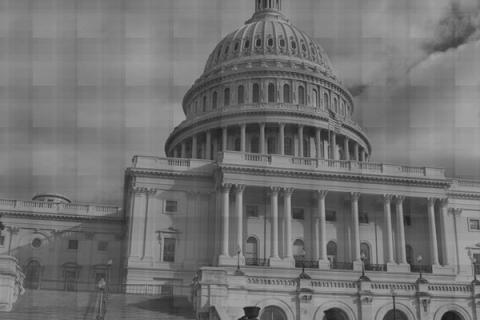
Twitter recently released its third biannual transparency report, sharing with the public the number of requests for information, removal requests, and copyright notices it has received from 26 different governments around the world.
The report also includes Twitter's response to these requests, providing insight into the percentage of cases the company responds to with partial or full information.
According to Twitter's data, the United States made 902 user information requests, the most of any country included in the report. In fact, requests coming from the United States comprised 78% of all requests, with Japan and the United Kingdom taking the number two and three spots, respectively.
Comparing these numbers to those of the company's first Twitter transparency report, published on July 2, 2012, it becomes apparent that the number of government requests has significantly increased.
Since its first publication, the number of requests for user information submitted to Twitter by the United States government has jumped from 679 to 902 - an increase of 33 percent.
While an increase of 223 requests total over the course of a year and half may seem minimal, "the concern is over the trend," says Chris Calabrese, a legislative counsel with the American Civil Liberties Union.
And this trend is not unique to the United States. Twitter has seen an overall increase in government requests, as made evident in the chart below:
Increased government requests, however, may not be an indication of increased government overreach, and rather can be explained by the novelty of the company. Twitter was launched in 2006, but saw exponential growth in 2012, partially due to its increased role in the 2012 election. The increase in requests could just be a response to the increase in usage, with over 200 million users actively on the site.
As government requests for information continue to grow, Twitter will face increased scrutiny, especially with the NSA scandal inducing heightened concern over the privacy of our data online. For the first half of 2013, Twitter produced some or all of the information for 67% of US government requests.
How the company chooses to respond in the second half of 2013 will be a key factor in the success and continued use of the network.
